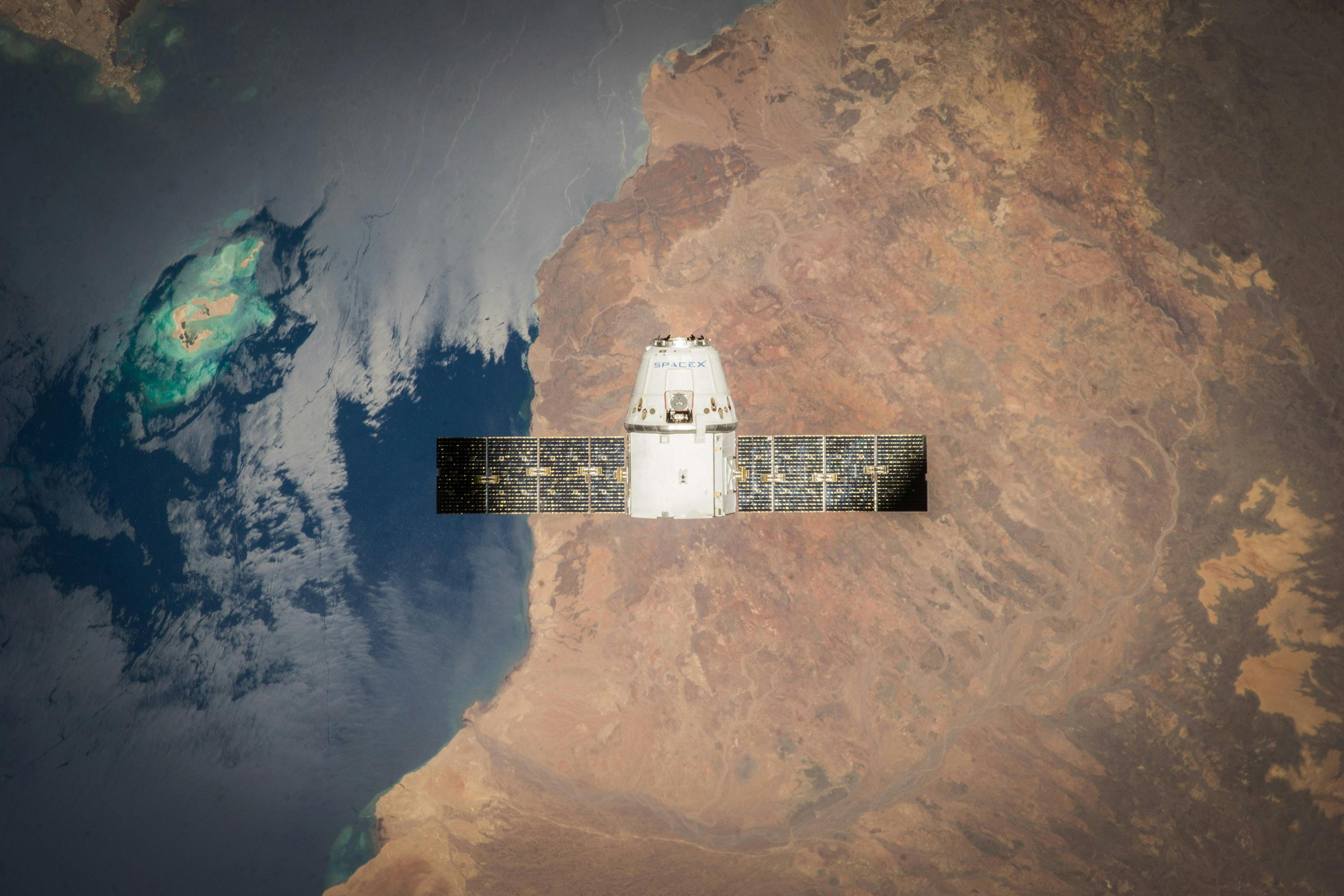Bezos vs. Musk: The Battle for Satellite Internet Dominance
Discover the fierce rivalry between Jeff Bezos’ Project Kuiper and Elon Musk’s Starlink in the battle for satellite internet supremacy. Explore the key features, differences, and future of global broadband in this entertaining comparison

Bezos vs. Musk: The Battle for Satellite Internet Dominance
Introduction
The rivalry between Jeff Bezos and Elon Musk has gone beyond Earth, expanding into the skies as both billionaires vie to dominate the satellite internet space. Bezos’ Project Kuiper and Musk’s Starlink are both setting the stage for the future of global connectivity, each with its unique strengths and challenges. While Musk’s SpaceX has a head start with Starlink, Bezos is throwing down the gauntlet with Amazon’s Kuiper project, promising to deliver high-speed internet worldwide. Let's dive into the key aspects of each satellite internet system, the growing rivalry, and the impact they’re expected to have on the future of global broadband.
The Players: Project Kuiper vs. Starlink
Bezos’ Project Kuiper, backed by a $10 billion investment from Amazon, aims to launch more than 3,200 satellites into low Earth orbit, promising to deliver high-speed internet to underserved regions globally. The project has recently secured major licenses and is on track to begin offering services as early as 2025.
On the other hand, Elon Musk’s Starlink, a part of his SpaceX venture, already has a significant lead. Starlink currently operates with over 6,000 satellites in orbit, and it has been providing commercial services since 2019. Starlink’s expansion has been rapid, with services already available in over 50 countries, and Musk has plans to launch up to 42,000 satellites.
A Fierce Rivalry
The Bezos-Musk rivalry is no secret, with both billionaires often engaging in public spats. Musk once quipped that Bezos’ space endeavors were "years away" from being able to compete with Starlink. Bezos, in turn, accused Musk of trying to "smother competition" with Starlink’s overwhelming number of satellites. It’s clear that the battle between these two space moguls is heating up, with each seeking to outpace the other not only in space but also in the realm of satellite internet.
The Technology: Speed and Performance
Starlink
- Speed: 50-500 Mbps, with low latency, ideal for gaming and streaming.
- Coverage: Available in rural areas globally, quickly becoming a favorite in remote locations.
- Price: Starts at $110/month, with an initial hardware cost of $599.
Project Kuiper
- Speed: Up to 400 Mbps for early models, with plans to increase speeds as more satellites are deployed.
- Coverage: Initially focuses on rural U.S. regions, with plans for global expansion.
- Price: Yet to be determined, but expected to be competitive with Starlink.
Comparison Table: Starlink vs. Project Kuiper
| Feature | Starlink | Project Kuiper |
|---|---|---|
| Launch Year | 2019 | Expected 2025 |
| Number of Satellites | 6,000+ (up to 42,000 planned) | 3,200 planned |
| Speed | 50-500 Mbps | Up to 400 Mbps |
| Latency | Low (20-40 ms) | Moderate (~40-50 ms) |
| Pricing | $110/month, $599 hardware | To be determined |
| Service Availability | Available in over 50 countries | Focus on U.S. rural areas initially |
The Pros and Cons of Satellite Internet
Pros
- Global coverage, bringing internet to underserved areas.
- Competitive speeds compared to fiber in many areas.
- Continuing innovation as more satellites are deployed.
Cons
- Latency issues still present challenges for real-time applications like gaming.
- Costs are relatively high, especially for hardware setup.
- Concerns about space debris and environmental sustainability.
Conclusion
In the race for satellite internet supremacy, Jeff Bezos’ Project Kuiper is slowly but surely positioning itself as a formidable competitor. However, Elon Musk’s Starlink maintains a strong lead with its head start and existing customer base. As both companies push the boundaries of satellite internet, their rivalry will continue to shape the future of global broadband. Stay tuned—this space race is far from over!




